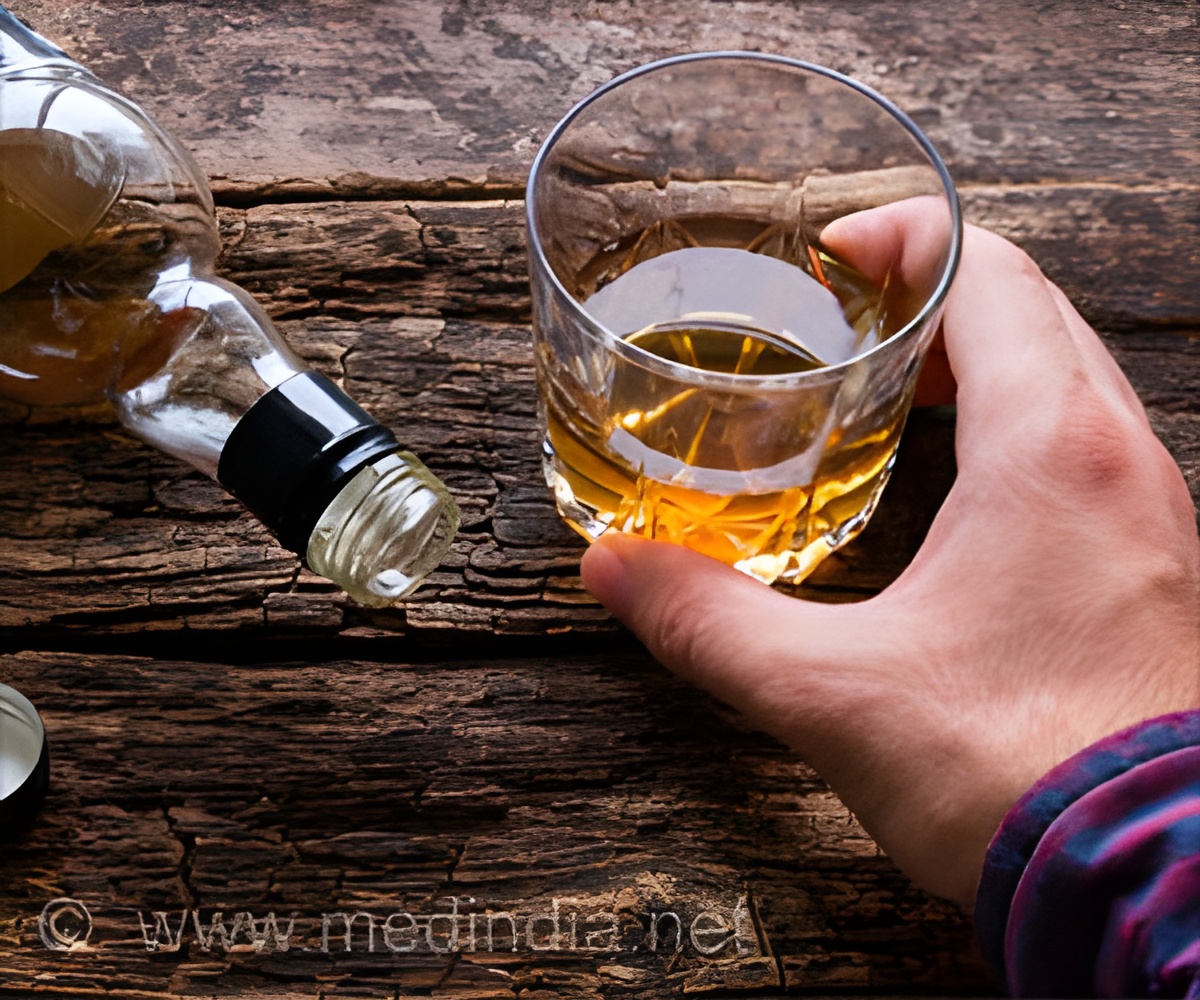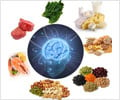A group of researchers have explained how alcohol influences dopamine and inhibitory cells present in the mid-brain which contributes to alcoholism.

‘The discovery provides scope for treating alcohol dependence by pharmacologically targeting dopamine.’





Neurotransmitter dopamine is a biologically active chemical that transmits signals from one nerve cell to another. Dopamine acts on the brain's 'motivation center', eliciting either a sense of anticipation of pleasure from a particular action, or the pleasure sensation itself if the pleasurable event occurs unexpectedly. But there is a particular link between dopamine and a number of addictive substances. In particular, alcohol directly affects the activity of dopamine nuclei and triggers the release of a burst of dopamine. This means that, regardless of how alcohol affects the rest of the body, the brain responds to it with positive reinforcement. Alcohol has another characteristic as well: it influences how gamma-aminobutyric acid (GABA) receptors carry out their normal function of inhibiting cells from releasing dopamine. The mathematical model developed by researchers at HSE and Indiana University provides an accurate representation of the way alcohol, dopamine, and GABA cells interact.
The structure of the inhibitory network's activity - that is, how that activity arises and functions - determines the effect that GABA cells have on dopamine neurons. From 30 to 60 GABA cells in the VTA are connected to every dopamine cell. (This is generally true for GABA cells in the VTA, from outside the VTA this is a much larger number.) When all of those inhibitory cells function asynchronously, they inhibit dopamine activity. According to computational modelling, the reverse is also true: when inhibitory cells synchronize, the dopamine level increases. Researchers found that alcohol helps change the inhibitory network from an asynchronous to a synchronous state - that is, it ceases to inhibit dopamine and stimulates its release instead.
This discovery could help in the treatment of alcohol dependence. 'Our model suggests that targeted pharmacological work with dopamine is possible,' said Boris Gutkin, a co-author of the article and a leading research fellow with the HSE Centre for Cognition and Decision Making. 'By blocking the synchronization of the inhibitory GABA network, we can influence the dopamine reactions alcohol causes.'
Advertisement










